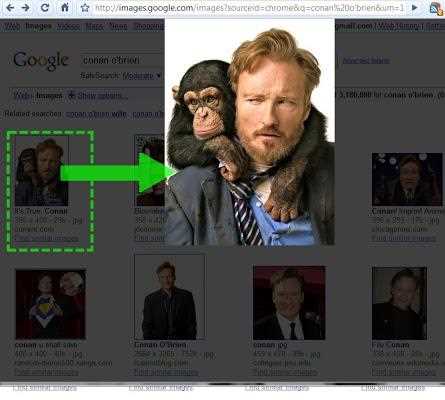
- #Greasemonkey pale moon install#
- #Greasemonkey pale moon update#
- #Greasemonkey pale moon code#
- #Greasemonkey pale moon download#
Files can be pasted into a web form and saved.
#Greasemonkey pale moon update#
Support for HTTPS will meet with Greasemonkey's built in update checker. user.js and not with a MIME type like text/html. However, script writers have been using cookies and Greasemonkey even offers APIs such as GM_getValue and GM_setValue to overcome this.įile hosting servers for Greasemonkey require that the URLs for the scripts end with. Because of this, managing lists of items globally is difficult. Additionally, Greasemonkey scripts run per instance of a matching webpage.
#Greasemonkey pale moon download#
However, Greasemonkey scripts are limited due to security restrictions imposed by Mozilla's XPCNativeWrappers For example, Greasemonkey scripts do not have access to many of Firefox's components, such as the download manager, I/O processes or its main toolbars. Compared to writing a full-fledged Firefox extension, user scripting is a very modest step up in complexity from basic web programming. Writing a Greasemonkey script is similar to writing JavaScript for a web page, with some additional allowances such as cross-site XMLHttpRequests. Greasemonkey scripts contain metadata which specifies the name of the script, a description, resources required by the script, a namespace URL used to differentiate identically named scripts, and URL patterns for which the script is intended to be invoked or not.
#Greasemonkey pale moon install#
Scripts are named, and Greasemonkey offers to install any such script when a URL ending in that suffix is requested. Scripts can also access other web pages and web services via a non-domain-restricted XMLHTTP request, allowing external content to be merged with the original page content. Greasemonkey scripts can modify a webpage in any way that JavaScript allows, with certain Greasemonkey security restrictions. When users visit a website matching a script in their personal script library, Greasemonkey invokes the relevant scripts. Users of Greasemonkey can write or download scripts and save them to their own personal library. Scripts are generally written to be either page-specific or domain-specific (applying to all pages within a domain) but may also be tagged to apply to all domains for global browser enhancements. Greasemonkey user scripts are written in JavaScript and manipulate the contents of a web page using the Document Object Model interface. Most of its scripts were backed up to the static mirror where they can now be found. In August 2014, the site was shut down completely. In May 2014, became inaccessible on port 80, prompting users to access it on port 8080 instead. In response, script writers and other developers began working on the fork "", and later, as an immediate replacement. With no further communication by Andrews, userscript writers described the site as neglected and the official Greasemonkey site removed its front page link. Over the following year spam scripts became more common, server downtime increased and the install count bug remained. Prior to this, many of the "most popular scripts" as listed by the site had nominal install counts of zero. Nevertheless, he remained the sole admin of the site until a discussion about install counts began on 1 April 2013.

In 2010, the last known admin Jesse Andrews posted that the site was in maintenance mode due to lack of time and asked for a new maintainer to volunteer. As the main script repository listed on Greasemonkey's official site, accumulated thousands of scripts per year.
#Greasemonkey pale moon code#
was open sourced in 2007 but the site later moved away from this code base.

To accommodate the growing number of scripts, was founded by Britt Selvitelle and other members of the Greasemonkey community in late 2005. However, this criticism shifted its focus to other addons starting with the 2006 release of Adblock Plus. Greasemonkey was initially met with complaints by publishers for its ability to block ads. During this time, a Greasemonkey compiler was also developed for converting a userscript into a standalone Firefox extension. In July 2005, serious vulnerabilities were found in Greasemonkey by Mark Pilgrim, and fixed in the 3.5 version of Greasemonkey. By May 2005, there were approximately 60 general and 115 site-specific userscripts distributed for Greasemonkey.

Boodman was inspired to write Greasemonkey after looking at a Firefox extension designed to clean up the interface of AllMusic, written by Adrian Holovaty, who later became a userscript developer. The Greasemonkey project began 28 November 2004, written by Aaron Boodman.


 0 kommentar(er)
0 kommentar(er)
